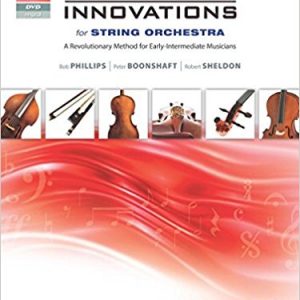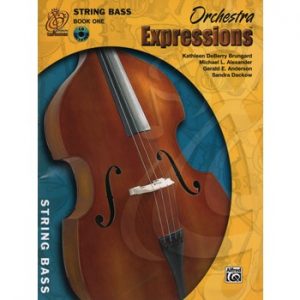
Category: Bass Books
Bassoon Concerto in B-flat major, K.191/186e COMPOSED BY Wolfgang Amadeus Mozart 1756-1791 String Bass IMC#2021
I. Allegro
II. Andante ma adagio
III. Rondo: Tempo di menuetto
Composed 1774.
The symphonies that bookend this evening’s program were two of the last works Mozart wrote in Salzburg before striking out on his own in Vienna. Together, they represent the end of an era. In 1772, Hieronymus Colloredo had been declared the Prince Archbishop of Salzburg and begun a series of political, social, and cultural reforms modeled on those of Emperor Joseph II, a so-called “enlightened despot.” Colloredo’s reforms included radical reductions to the musical activities in Salzburg that depended on his patronage. In response, Mozart and his father left for Vienna in July of 1773 to seek a court appointment there. Unsuccessful, they returned in September, and Mozart entered his final flurry of compositional activity in Salzburg. Despite his frustrations with Colloredo, his symphonies hardly suffered; they are the height of galant fashion and full of the wit and ingenuity that make Mozart’s music perpetually au courant.
The Symphony No. 24 in B-flat Major (1773), likely conceived in Vienna before being finished in Salzburg, is like the best Viennese pastries: sweet, light, even frothy, but requiring great technical skill and no less the work of a master than other forms of musical haute cuisine. Like many of the other Salzburg symphonies (and most desserts) it is gone too soon, composed of just three short movements. The Allegro spiritoso condenses the essence of sonata form. The first theme is a balance between the clarion fanfare led by the oboes and French horns and the irrepressible response from the violins. The second theme is a stark contrast, with its sparse orchestration of the melody in widely-spaced octaves in the violins and the accompaniment in octaves between the viola and bass. There is also a surprising amount of harmonic ambiguity here for a movement that is so brief, with the violins and the bass each refusing to settle into the expected dominant area. Mozart continues to delay the expected throughout the development and even into the recapitulation (which does not begin on the expected tonic harmony) before finally returning to solid ground in the coda. The character of the movement is suffused with the warmth of oboes and French horns, and the energetic figures from the strings help propel us through the harmonic obstacle course Mozart has constructed. The Andantino grazioso offers something of a palate cleanser with the gentility of muted violins and flutes and a polite, predictable rondo form. Finally, the Allegro whips and whirls the symphony to its finish, the symphonic equivalent of Schlagobers (whipped cream).
Written in the same key as the symphony and in the same city, the Bassoon Concerto in B-flat Major (1774) was likely intended for one of the two bassoonists employed by Colloredo. In this earliest of the woodwind concertos Mozart wrote—each a treasured part of the repertoire—we can hear already his instinct for the special capabilities and character of a given solo instrument. The first movement shows off the bassoon’s remarkable agility, rapid articulation, and extraordinary range, while maintaining a conversational tone with the orchestra, as opposed to exerting virtuoso dominance. As with many eighteenth-century concertos, the interior Andante ma adagio takes the form of an aria, though even here there is dialogue: the colla parte strings sing along with the bassoon at times and the oboes and other woodwinds finish some of the soloist’s phrases. In this more intimate movement, the tone color of the bassoon foreshadows some of the mournful arias Mozart would eventually write for Viennese opera houses. The closing rondo is more extroverted, but is cast as a minuet that is more courtly and dignified than the frivolity of the earlier symphony finale.
$15.75

Curbside Pickup Now Available
Hoffmann Strings is Buffalo Grove's Favorite Violin Shop Serving the community quality music Since 1997. We are your Only choice in Quality Instruments! Stop in and come visit our staff to make that great selection to help you in our many great choices.
View Hours & Location
Top of the Line Instrument Cleaning
Virus Free! We take pride in our instrument Cleaning




